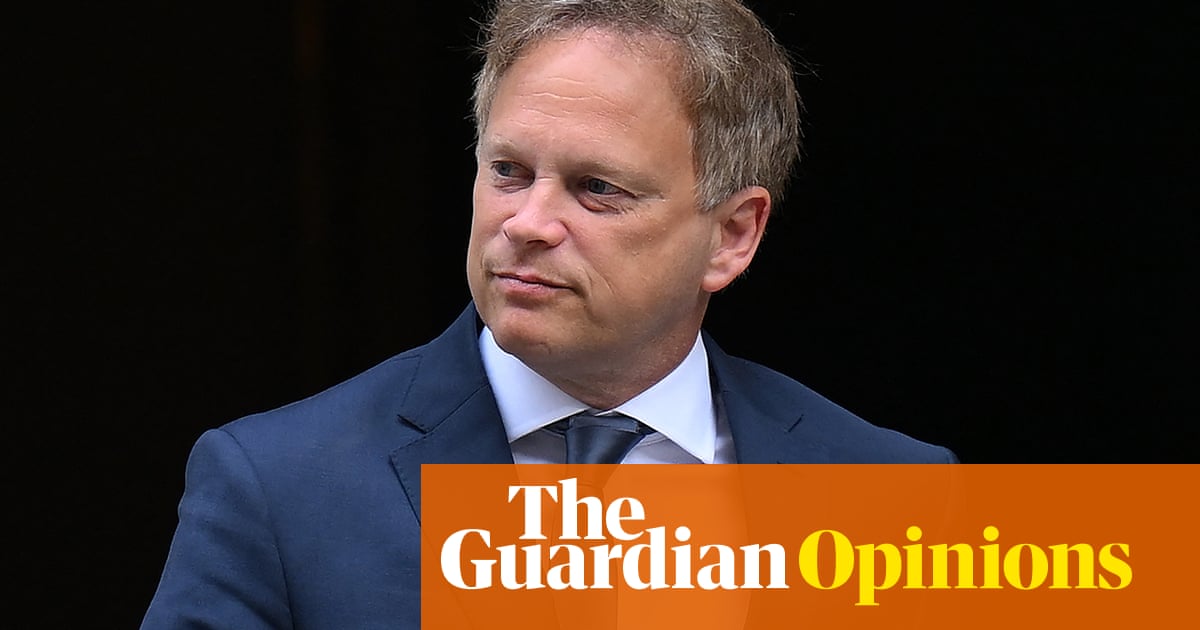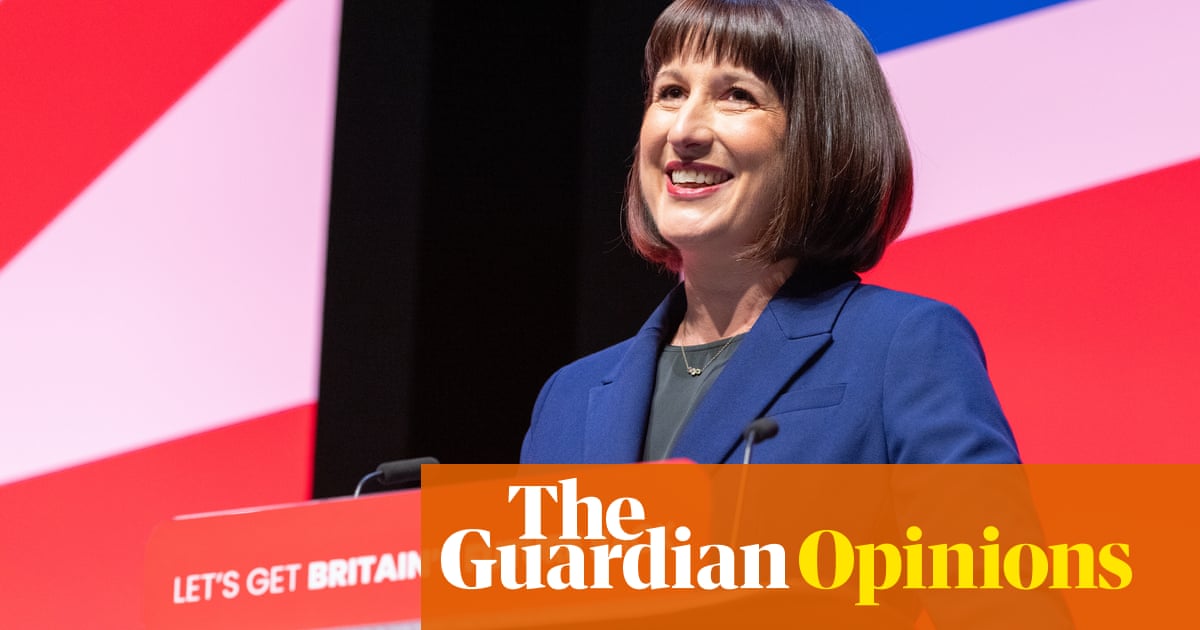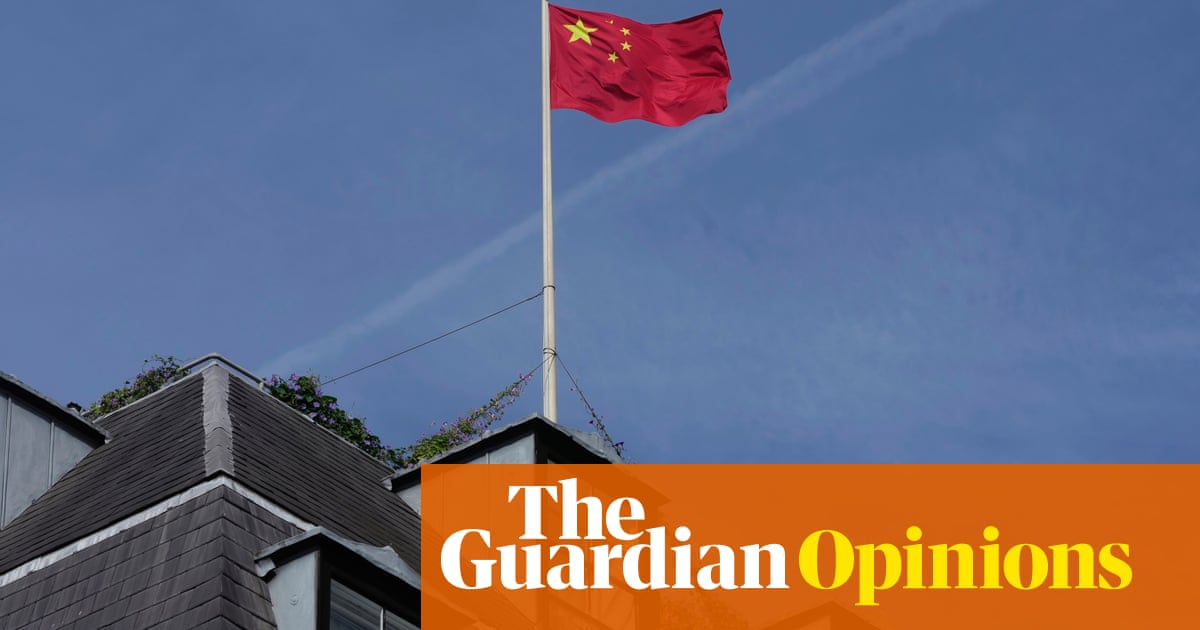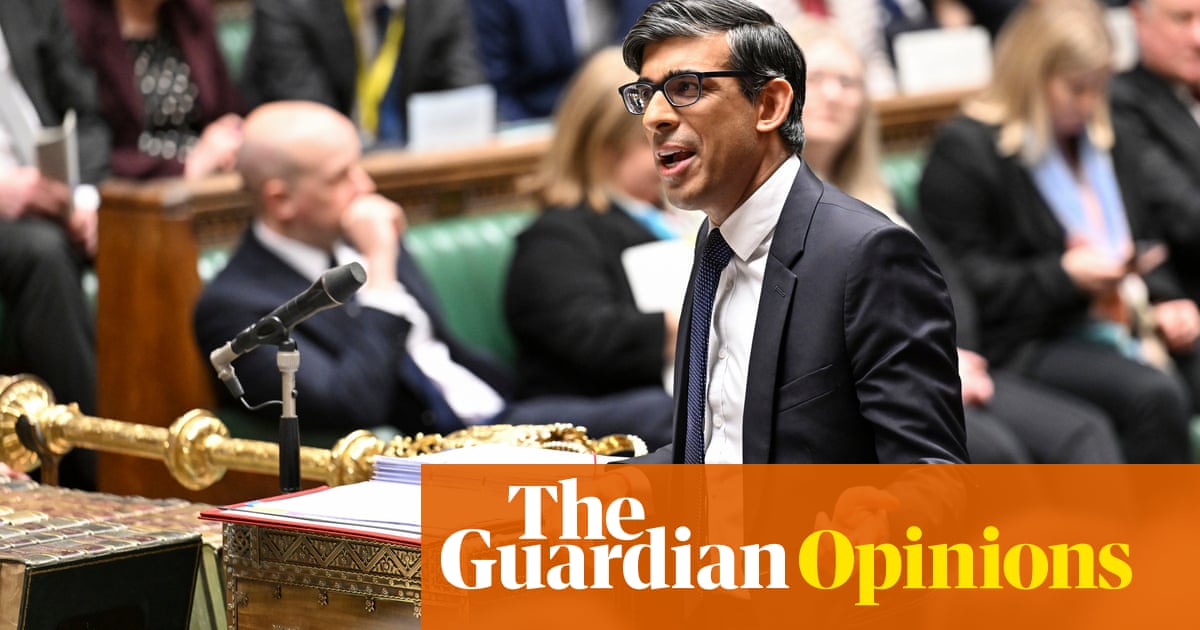
Rishi Sunak’s mini cabinet reshuffle reveals that the unity his premiership was supposed to beget is a facade. The shake-up was triggered by the departure of the defence secretary, Ben Wallace, who was seen as an effective Whitehall operator. By contrast, Grant Shapps, described as a “lightweight” by the ConservativeHome website, is now in charge of the defence of the realm. His replacement as energy security and net zero secretary is Claire Coutinho, a Sunak loyalist with limited top-table experience. Both have ended up being moved because Mr Sunak, languishing in the national polls as an election looms next year, bet this summer that he would gain by siding with motorists and consumers against environmental policies in a cost of living crisis.
However, Mr Sunak badly misjudged voter sentiment on climate issues. His rhetoric and policy shifts have not moved the polls, but have instead highlighted Tory divisions, including within the cabinet. Mr Shapps’ problems began when his energy bill became a battleground between pro-green, climate-sceptic and free-market Conservatives. This saw the business and trade secretary, Kemi Badenoch, the current darling of the Tory right, able to promote her own anti-green agenda, making Mr Sunak look weak for failing to push back. Ms Coutinho will have her work cut out to prevent major rebellions when the bill returns to the Commons next week. If she fails on this key policy question, Mr Sunak will find it harder to claim he is chief of the Tory tribe.
The common assumption is that divided parties do not win elections. Mr Sunak has not found the means to deal with it. So when his foreign secretary sensibly goes to visit Beijing to seek a “pragmatic” relationship with China, the trip is rebuked by Tory MPs for being “the wrong policy at the wrong time”. The deputy chairman of the Conservative party, Lee Anderson, says the party has “failed” on migration. In tough economic times, the claimed high levels of taxation have become a lightning rod for rightwing criticism of government policy.
The prime minister is retreating to the values of the most vocal Tory supporters with a mixture of Thatcherite free-market policies of tight public spending and pro-wealthy tax cuts coupled with populist authoritarianism on cultural issues symbolised by the ridiculous idea of leaving the European convention on human rights. But such actions would inevitably divide the party once more on issues that are of limited appeal to the public.
Conservative failures have transformed the situation for the Labour party, which is now the favourite to form the next government. The Brexit referendum was supposed to halt the Tories’ mutation from a centre-right party into a populist rightwing mutiny. It didn’t. As a consequence, cabinet ministers – and former cabinet ministers – expend far too much time and energy on the next leadership election rather than the next general election. The issues facing Britain are secondary to this process. How else to explain the fifth Conservative children’s minister in 13 months? It would be better for the Conservative party – and the country – if Mr Sunak stopped trying to appease its factions and concentrated on the job in hand. He won’t.
Either way, as many of his colleagues who are standing down at the next election like the popular Mr Wallace have concluded, it probably won’t make much difference to the result.












